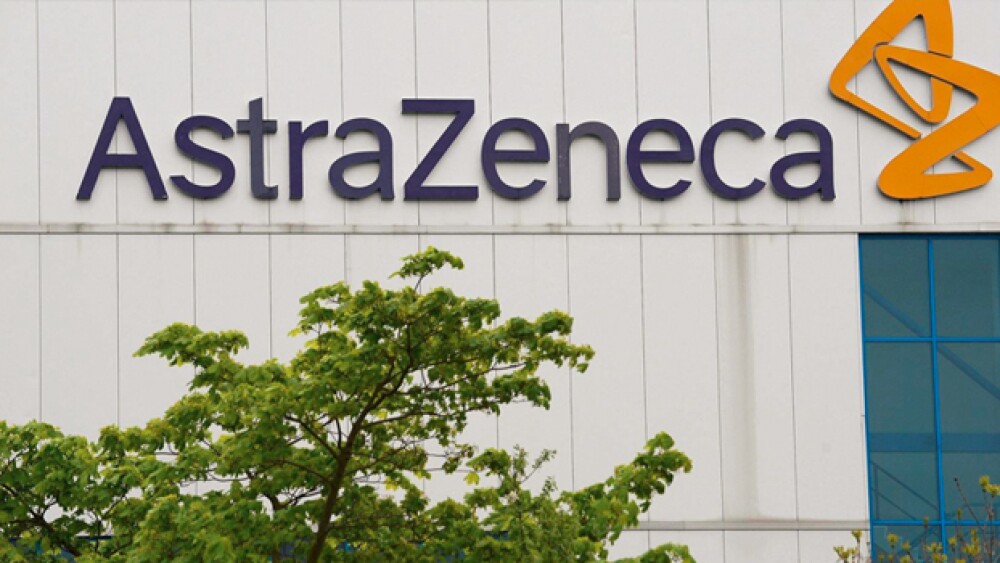The new designation granted to Calquence marks the 10th such designation the company has earned since 2014, AstraZeneca said.
AstraZeneca’s leukemia treatment Calquence won Breakthrough Therapy Designation from the U.S. Food and Drug Administration (FDA) as a monotherapy treatment for patients with chronic lymphocytic leukemia (CLL).
The award comes about three months after the U.K. pharma giant halted a Phase III CLL study early after Calquence (acalabrutinib) hit its endpoint in previously-treated CLL patients. The clinical win as a monotherapy for CLL patients was a first for the class of drug. Calquence Bruton tyrosine kinase (BTK) inhibitor and it became the first to show a benefit in CLL as a monotherapy. Calquence binds covalently to BTK, thereby inhibiting its activity. In B-cells, BTK signaling results in activation of pathways necessary for B-cell proliferation, trafficking, chemotaxis and adhesion.
Data from the ASCEND trial, the one that was halted early, along with interim analyses from the ELEVATE-TN trial were the basis for the Breakthrough Therapy Designation, AstraZeneca said this morning. Together the trials showed that Calquence alone or in combination significantly increased the time patients lived without disease progression or death, with safety and tolerability that was consistent with its established profile.
The ELEVATE-TN trial was halted in June after Calquence hit its endpoints following an interim analysis. Calquence met primary endpoints in patients with previously-untreated CLL, which is the most common type of leukemia in adults. Calquence in combination with obinutuzumab demonstrated a statistically-significant and clinically-meaningful improvement in progression-free survival when compared with the chemotherapy-based combination of chlorambucil and obinutuzumab, AstraZeneca said in June. At the time the ELEVATE-TN trial was halted, AstraZeneca said Calquence also met a key secondary endpoint showing as a monotherapy, Calquence achieved a statistically-significant and clinically-meaningful improvement in PFS compared to the chemotherapy and obinutuzumab regimen.
José Baselga, AstraZeneca’s head of oncology R&D, called the receipt of the FDA designation “an important regulatory milestone” for the company’s worm in hematology and for patients with CLL. AstraZeneca said the data from the two trials will serve as the foundation for regulatory submissions later this year.
“The Breakthrough Therapy Designation acknowledges the growing body of evidence that supports Calquence as a highly-selective Bruton tyrosine kinase inhibitor with the potential to offer patients a new, differentiated, chemotherapy-free treatment option with a favorable safety profile,” Baselga said in a statement.
Breakthrough Therapy Designation is granted to drugs that have shown encouraging early clinical results as a treatment for serious conditions. The award is designed to accelerate the development and regulatory review process of the medications. The new designation granted to Calquence marks the 10th such designation the company has earned since 2014, AstraZeneca said.
Calquence is currently approved for the treatment of adults with relapsed or refractory mantle cell lymphoma (MCL) and is being developed for the treatment of CLL and other blood cancers. AstraZeneca is planning on seeking additional approvals for Calquence based on the two aforementioned clinical trials. When Calquence was first approved in 2017, AstraZeneca Chief Executive Officer Pascal Soriot said the drug would become a cornerstone in the company’s hematology pipeline.





